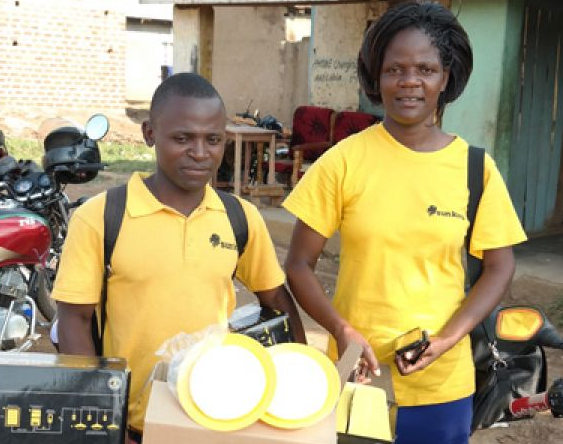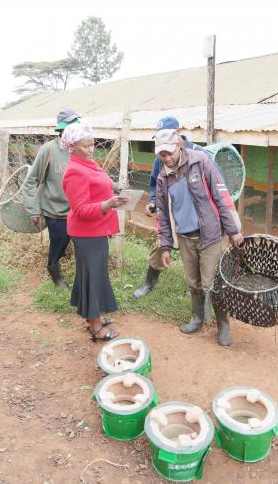I used to sell cereals in bulk, it was a lot of work with a small profit margin which left me most of the times in want.
Agnes Mahero, Kakamega County
Women Energy Entrepreneurs in Kenya
In Kenya, few rural households have access to electricity. Most rely on dangerous kerosene lamps, wood and charcoal. This lack of modern, clean energy is harming women and children.

I used to sell cereals in bulk, it was a lot of work with a small profit margin which left me most of the times in want.
Agnes Mahero, Kakamega County

The key to success in Kenya was to take a fully rounded approach, supporting 730 women with the skills, knowledge and networks to grow a self-sustaining clean energy industry selling cookstoves, briquettes and solar products. Supporting women as both consumers and business owners.
I hope to distribute about 300 stoves a month and earn more income from individual sales. I have also been trained on briquettes making and I am hoping to acquire a machine to start production to diversify my business. I am happy distributing good health, clean air and a greener environment.
Tabitha Njoki from Kagicha, Chinga, Nyeri County
Help us work with communities to tackle some of the world’s toughest problems.